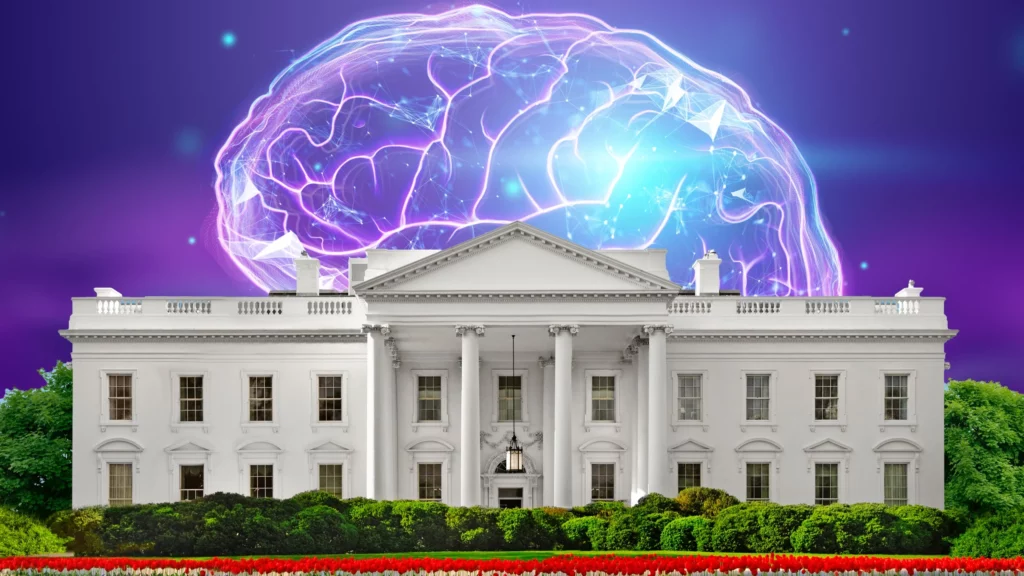The White House has unveiled a new initiative aimed at addressing the potential risks associated with the rapid advancement of artificial intelligence (AI). Recognizing the transformative potential of AI technologies, the initiative seeks to foster responsible development, deployment, and regulation of AI systems to ensure their ethical and secure use.
With AI rapidly permeating various aspects of society, concerns about potential risks and unintended consequences have escalated. The White House initiative aims to harness the benefits of AI while safeguarding against potential pitfalls, such as biased algorithms, privacy breaches, and unintended consequences in critical domains like healthcare, transportation, and defense.
The initiative, titled “AI for Good and Responsible AI,” is a collaborative effort involving government agencies, industry leaders, researchers, and civil society organizations. It focuses on three key pillars: research and development, policy and regulation, and public engagement.
Under the research and development pillar, the initiative aims to promote cutting-edge research into the ethics, transparency, and explainability of AI algorithms. It also emphasizes the need to develop robust testing and verification methods to ensure AI systems operate reliably and without unintended biases.
In the policy and regulation domain, the initiative seeks to establish frameworks for responsible AI governance. This involves collaborating with international partners to establish common standards, guidelines, and best practices that address issues such as data privacy, algorithmic fairness, and accountability. The goal is to create a global consensus on ethical AI principles while allowing for innovation and technological advancement.
The third pillar, public engagement, aims to foster awareness and understanding of AI among the general public. The initiative will support educational initiatives, public discussions, and transparency efforts to ensure that individuals are informed about AI’s potential benefits and risks. By engaging with diverse stakeholders, the initiative aims to promote inclusivity and ensure that AI technologies benefit society as a whole.
The White House’s focus on responsible AI comes at a critical juncture, as AI technologies continue to advance rapidly, and their impact on society deepens. By taking proactive steps to mitigate risks and promote ethical practices, the initiative seeks to build public trust in AI and foster a culture of responsible innovation.
The initiative has received positive feedback from industry leaders, researchers, and advocacy groups, who applaud the White House’s commitment to addressing AI risks comprehensively. They emphasize the importance of collaboration among government, industry, and civil society to shape the responsible development and deployment of AI technologies.
While challenges remain in implementing the initiative effectively, the launch represents an important step forward in grappling with the ethical, societal, and security implications of AI. By promoting responsible AI practices, the White House aims to ensure that AI technologies are harnessed to benefit humanity while minimising potential risks and pitfalls.
